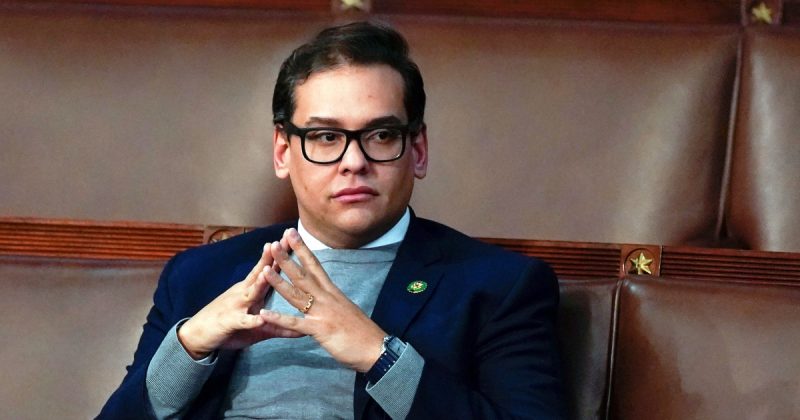
Prosecutors are seeking a significant prison sentence for former Representative George Santos, recommending over seven years behind bars following his guilty plea on federal fraud and identity theft charges. This harsh recommendation stems from the breadth and audacity of Santos’s crimes, which prosecutors argue not only defrauded donors but also undermined the integrity of the American electoral system. The filing highlights Santos’s extensive fabrications, from a falsified biography to the theft of funds from vulnerable donors, painting a picture of unrestrained greed and a blatant disregard for the law.
The prosecution’s argument emphasizes Santos’s consistent defiance and lack of remorse, even after his guilty plea. They contend his claims of remorse are hollow, citing his failure to repay victims or forfeit ill-gotten gains. This lack of contrition, coupled with the sheer volume of his lies, increases the perceived risk of recidivism, further justifying the proposed sentence.
The 87-month sentence requested by the prosecution falls at the high end of sentencing guidelines for such offenses, combining potential prison time with a mandatory minimum two-year sentence for aggravated identity theft. Santos’s legal team has yet to respond to the prosecution’s filing, but a sentencing hearing is scheduled for April 25th.
Santos’s political career was remarkably short-lived. After barely a year in office, he was expelled from Congress in 2023, marking only the sixth such expulsion in the chamber’s history. This dramatic downfall followed revelations about the extensive fabrications in his personal and professional background, raising serious questions about his campaign funding.
The former congressman’s carefully constructed image of a successful businessman was revealed to be a complete fabrication. His claims of wealth, prestigious education, and prominent career positions were all false, masking a reality of financial struggles and even facing eviction. Santos’s admission of guilt in August included deceiving voters, defrauding donors, and stealing the identities of family members to boost his campaign.
Despite the severity of his actions, Santos’s sentencing has been delayed to allow him time to make restitution payments. He has agreed to pay nearly $375,000 in restitution and $205,000 in forfeiture, though the prosecution notes his significant earnings from post-expulsion appearances and a documentary. Two of Santos’s campaign staffers have also pleaded guilty to related charges, highlighting the systemic nature of the fraudulent activities.
The case against George Santos serves as a stark reminder of the importance of accountability and the consequences of dishonesty in public life. The upcoming sentencing hearing will determine the final outcome, but the recommended sentence reflects the gravity of his actions and the deep breach of public trust he committed.










